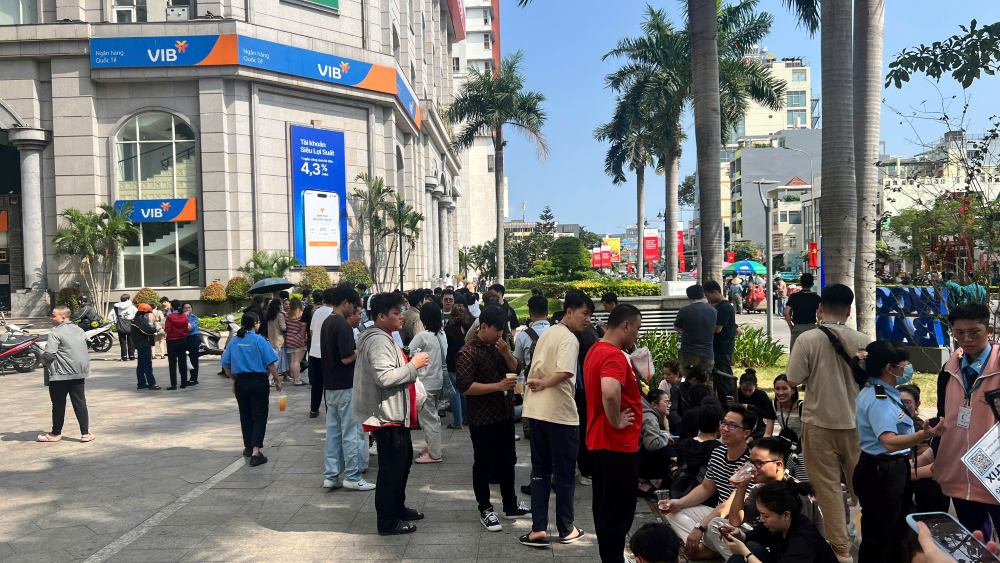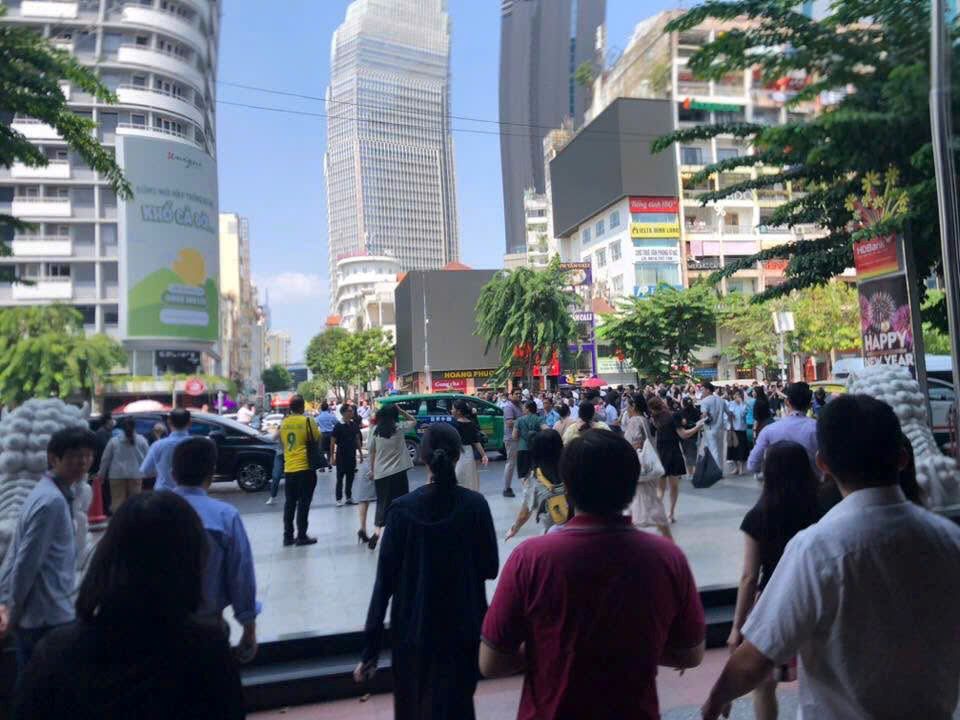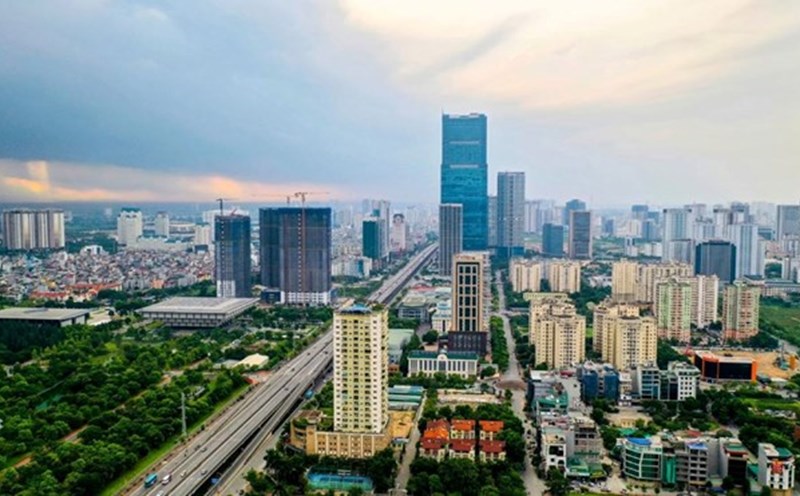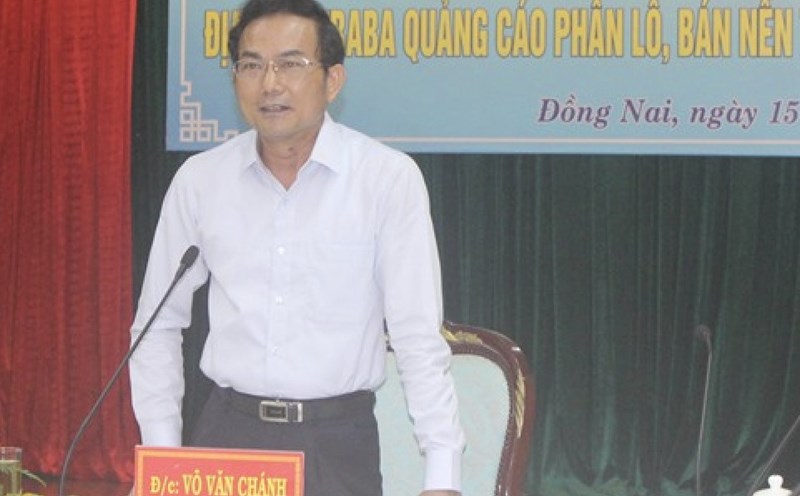earthquakes spreading to Vietnam are not unusual
The strong earthquake that occurred in Myanmar on March 28 caused shaking in Ho Chi Minh City and Hanoi, making many people feel the prolonged shaking.
Dr. Dang Thuong Huyen, representative of the Department of Earth Resources and Environment, Faculty of Geotechnology and Petroleum, Ho Chi Minh City University of Technology, has analyzed this phenomenon.
According to Dr. Huyen, this was a strong earthquake that occurred in the border area between the tectonic plates of India and Asia, where strong earthquake activity was frequently recorded.
earthquakes spreading to Vietnam, especially in large cities such as Hanoi and Ho Chi Minh City, are not unusual in the context of large earthquakes.

The fact that many people felt the shaking shows that a large earthquake had enough energy to transmit far away. "The geological structure of the Vietnamese region and especially high-rise buildings and weak soil have been amplified, causing a clearer feeling of the ground," said Dr. Huyen.
According to Dr. Huyen, although Ho Chi Minh City is not located in the eye area, nearly 1,700 km from the eye of the eye as the crow flies, it still feels shaken for a number of reasons:
Geological structure: Ho Chi Minh City has reclaimed soil and weak mud in many areas, which is a weak soil structure that is prone to earthquake wave escalation.
High-rise buildings: High-rise buildings fluctuate at their own frequency, easily resonating to long earthquake waves caused by strong earthquakes.
Not too far away for a major earthquake: Even thousands of kilometers away, earthquake waves can still spread.
Dr. Huyen said that according to the earthquake scale, 7.7 degrees Richter is in the group of strong earthquakes that caused serious damage, which could cause serious damage in the area near the center of the impact.
However, in Ho Chi Minh City, the main impact is the widespread aftershock, so the level of direct danger is not high, but there is a potential risk:
Causing confusion due to prolonged vibration and few earthquakes.
It can affect the structure of high-rise buildings, especially if they are not designed to be suitable for vibration protection (shaking).
Constructions under construction or with weak foundations may be slightly affected (cracked, defrauded...).
"This phenomenon is not common, but it is not uncommon. Ho Chi Minh City has recorded earthquakes in 2011 in Sumatra (Indonesia); in 2012, 2019, earthquakes in Laos and Myanmar caused aftershocks to Vietnam," Dr. Huyen demonstrated.
Dr. Huyen also warned that although Vietnam is not on the Pacific Ring Road, there is still a risk of being affected by major earthquakes in the surrounding area. Therefore, it is necessary to be technically prepared carefully, including: construction standards taking into account earthquake loads; early warning systems and prevention training; monitoring aftershocks and reviewing works after earthquakes.

People should not panic
Mr. Nguyen Ngoc Huy, a expert in Disaster Management, also gave analysis of this phenomenon. Mr. Huy affirmed that Vietnam is not a region with a high risk of earthquakes. "History has not recorded a major earthquake here. Vietnam only has two areas at the center of the earthquake, Kon Tum and the northwest region bordering Laos, but the earthquakes in these areas are not strong, usually below or equal to 5 degrees Richter," said Mr. Huy.
According to Mr. Huy, the impact of high-rise buildings in Ho Chi Minh City and Hanoi on the shaking was due to the impact of the earthquake in Myanmar.
"The very strong earthquake in Myanmar was of Richter intensity 7.7. The earthquake level affects a large scale in many countries, not just Myanmar," said Mr. Huy.
He also advised people not to panic, because Vietnam is not a region with large-scale geological fluctuations.
"Not because of the shocking impact in Ho Chi Minh City, it makes us afraid and confused in the community. To assess whether an area is at risk of earthquake or not, it is necessary to determine the geological history of those areas," said Mr. Huy.











